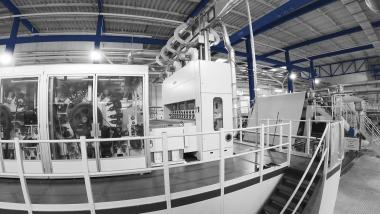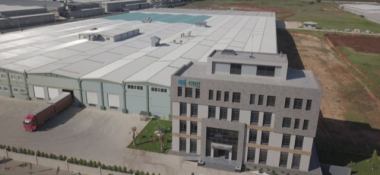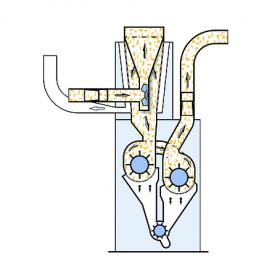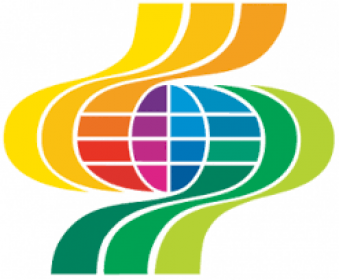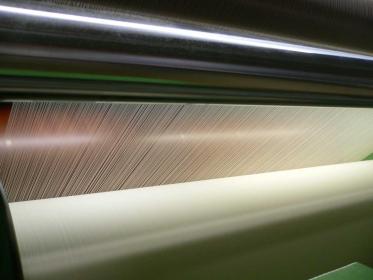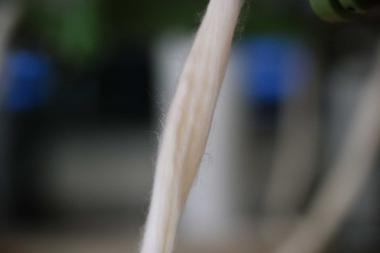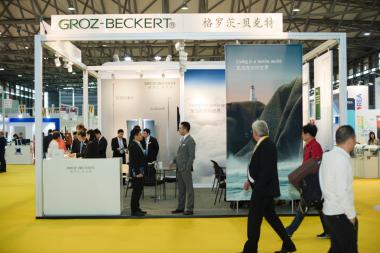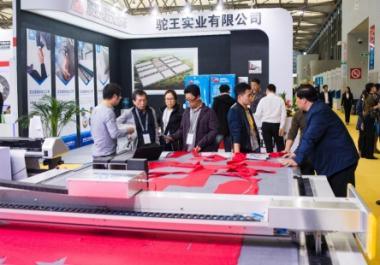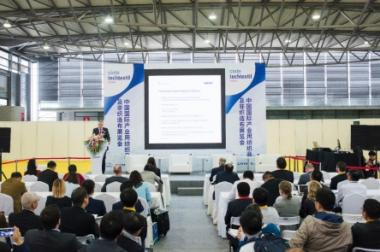Tufropes is partnering with Truetzschler Nonwovens and Voith for pentamerous technology
Indian Tufropes is partnering with Truetzschler Nonwovens and Voith to install its unique pentamerous technology. The company’s first nonwovens production line will be capable to produce 5 different eco-friendly, hydroentangled products.
Truetzschler Nonwovens and Voith are thrilled to be the technology partner for Tufropes’ (patent pending) unique nonwoven line based on pentamerous technology. The new installation relies heavily on Truetzschler/Voith core components for wet-laying, carding and hydroentangling. Proprietary refinements will allow Tufropes to produce any possible hydroentangled nonwoven material, including bio-degradable, natural fibre, eco-friendly high-performance nonwovens. Globally this would be a first industrial-scale pentamerous technology-based nonwoven project. Based in Gujarat, India, the line is expected to be commissioned next year.
Trützschler Trützschler Nonwovens & Man Made Fibers Voith Tufropes nonwovens pentamerous
Truetzschler Nonwovens & Man Made Fibers GmbH








